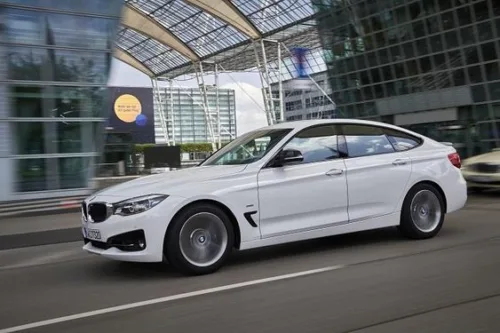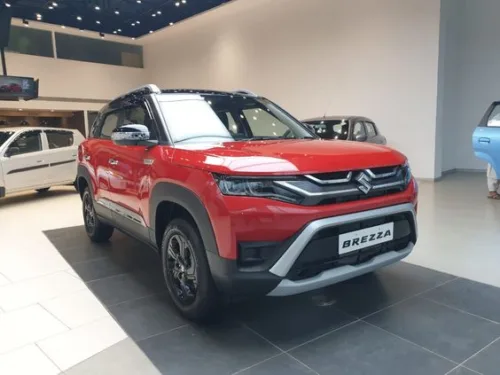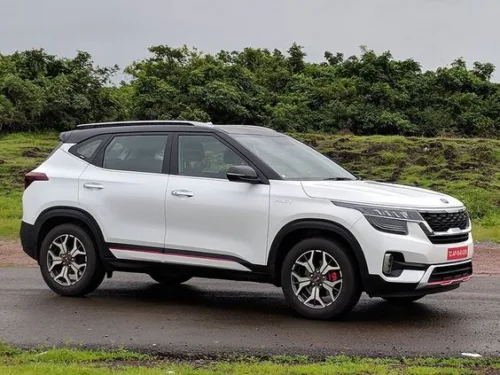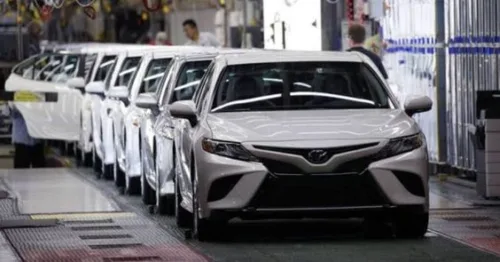BMW Sets Its Sights on India’s EV Sector
As the global automotive industry pivots towards sustainable and clean energy solutions, BMW has announced ambitious plans to capture a significant share of India’s growing electric vehicle (EV) market. With a target to make electric vehicles constitute 25% of its sales in India by 2025, BMW is positioning itself as a frontrunner in the race to electrify one of the world’s fastest-growing automotive markets.
A Leap Towards Electrification
In 2023, the company made an entrance into India’s EV market, selling 1,474 electric cars, which represented 10% of its total sales in the country. This move not only underscores BMW’s commitment to sustainable mobility but also its strategy to cater to the affluent consumer base in India, which is increasingly leaning towards clean energy vehicles. Vikram Pawah, the President of BMW’s India operations, shared these insights during an interview at the Bharat Mobility Global Expo, highlighting the company’s optimistic outlook on the EV sector’s growth prospects.
Navigating Challenges in a Nascent Market
Despite the enthusiasm for EVs, India’s electric car market faces a set of challenges, primarily due to price-sensitive consumers and the nascent infrastructure for charging stations. The EV segment accounted for a modest 2.3% of total passenger vehicle sales last year, according to BloombergNEF. However, the company’s strategy involves a broad range of electrified models, offering five such vehicles in India, the highest number among all carmakers in the country.
Competitive Landscape and Future Plans
The interest in India’s EV market is not limited to BMW. Other global automakers, including Volkswagen AG and Tesla Inc., have expressed their intentions to explore this emerging sector. Volkswagen’s brand director in India, Ashish Gupta, said that EVs would be their “main focus” this year, indicating a shift towards more premium, electrified units and eventual local production post-2026. Similarly, Elon Musk has hinted at Tesla’s significant investments in India, planning a visit to further these ambitions.
Expanding Reach and Infrastructure
BMW is not just stopping at introducing new models; it plans to launch 16 cars in India in 2024 and expand its dealership network to four more cities over the next three years. This expansion, from the current 35 cities, demonstrates the company’s dedication to strengthening its hold across the country. However, the company is currently not planning to invest in additional manufacturing plants, focusing instead on leveraging its existing infrastructure and dealer network to meet its ambitious sales targets.
In conclusion, BMW’s strategic initiatives in India’s electric vehicle market signify a major shift towards sustainable mobility solutions. By targeting a quarter of its sales to be electric by 2025, BMW is not just adapting to the evolving market dynamics but is also setting a benchmark for luxury and sustainability. As the EV landscape in India continues to develop, BMW’s commitment to electrification and innovation will undoubtedly play a pivotal role in shaping the future of the automotive industry in the country.




One thought on “BMW’s Strategic Expansion in India’s growing EV Market in 2024”